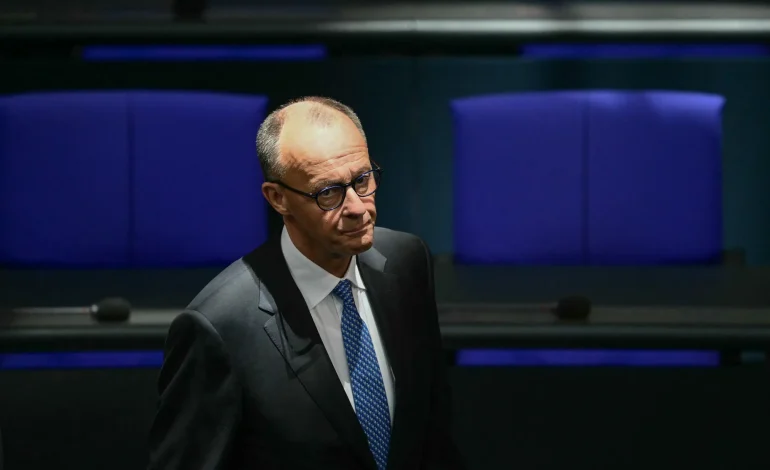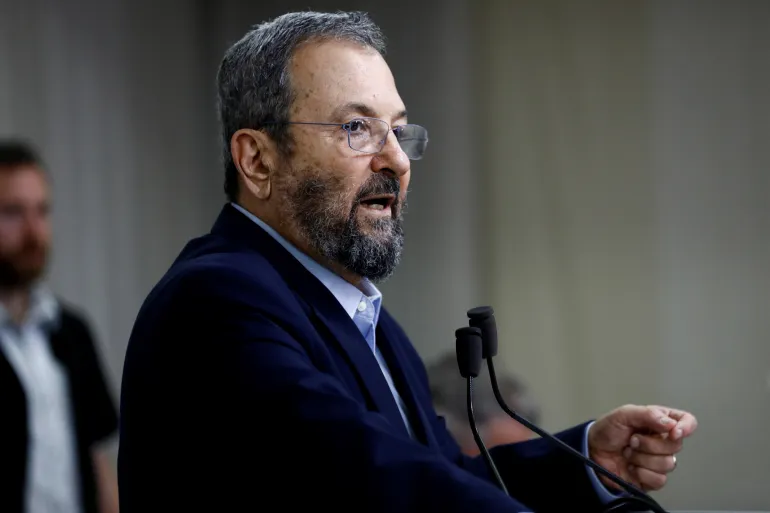Friedrich Merz Confirmed as Germany’s Chancellor After Second Vote, but Political Wounds Linger

Friedrich Merz has been confirmed as Germany’s new chancellor after narrowly winning a second-round parliamentary vote on Tuesday, ending a day of political drama and uncertainty in Berlin, as per Bloomberg.
The veteran conservative leader now takes the helm of Europe’s largest economy amid growing political division and economic stagnation.
Merz, 69, secured 325 votes in the repeat Bundestag ballot, just over the 316 required for a majority in the 630-seat chamber. The vote followed hours of emergency consultations and came after an unexpected failure in the initial round, in which he received only 310 votes — a shock setback given his coalition commands 328 seats.
It marked the first time in postwar German history that a chancellor failed to secure a majority on the first attempt, plunging the Bundestag into uncharted territory and raising serious questions about unity within the newly formed governing coalition between Merz’s center-right CDU/CSU bloc and the center-left Social Democrats (SPD).
Following the successful vote, Merz will be formally appointed by President Frank-Walter Steinmeier and sworn in by the Bundestag speaker. A handover with outgoing Chancellor Olaf Scholz and the first meeting of Merz’s cabinet are expected to follow shortly.
Merz is also set to embark on his first diplomatic mission as chancellor, with scheduled meetings in Paris with French President Emmanuel Macron and in Warsaw with Polish Prime Minister Donald Tusk on Wednesday — signaling a quick pivot to international affairs.
While Merz ultimately secured the chancellorship, the initial failure exposed cracks in the coalition’s foundation and dealt a political blow to the new leader, who is already grappling with low approval ratings. The secret nature of the ballots means it remains unclear who within the coalition withheld support or why.
The uncertainty has sparked speculation and criticism, with analysts warning that the dissent may reflect deeper resistance within government ranks. Antonio Barroso, a senior geoeconomics analyst at Bloomberg Economics, noted that internal opposition to key coalition policies could jeopardize budget planning and delay critical economic reforms.
Merz assumes leadership at a pivotal moment for Germany. The economy is struggling to recover after back-to-back recessions, inflation remains persistent, and geopolitical tensions — particularly Russia’s war in Ukraine — continue to cast a shadow over the region.
Domestically, Merz faces growing pressure from the far-right Alternative for Germany (AfD), which has seen a surge in support, particularly in the country’s eastern states. The AfD, recently labeled a right-wing extremist organization by German intelligence services, is now the main opposition force in the Bundestag.
AfD co-leader Alice Weidel seized on Merz’s initial failure, posting on social media that it “demonstrates what a weak foundation” the new government rests on. In a later television interview, she reiterated her party’s readiness to participate in a future coalition government.









The latest news in your social feeds
Subscribe to our social media platforms to stay tuned